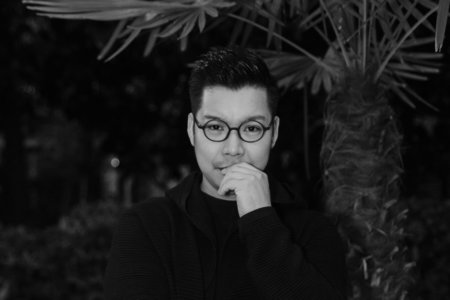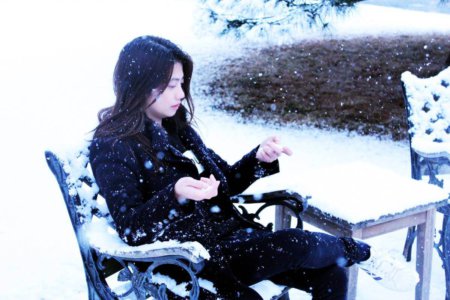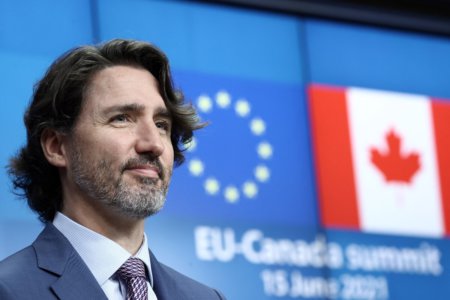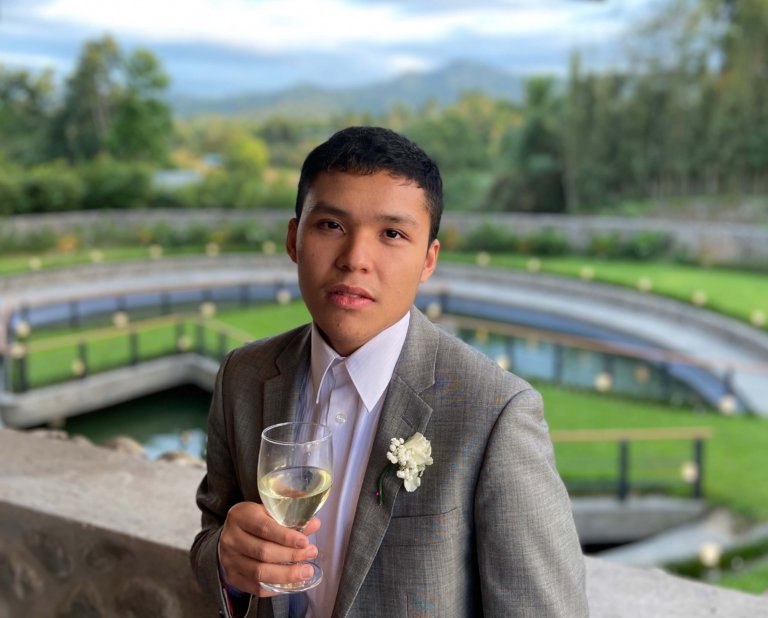
Filipino Nel Jayson Santos is the first recipient of an LGBT scholarship at the Memorial University of Newfoundland. Created by veteran journalist and Memorial alumnus Karl Wells, the scholarship provides 2,000 Canadian dollars to students in Memorial University’s faculty of humanities and social sciences whose work reflects a commitment to LGBT matters.
Santos, from Metro Manila, is pursuing an MA in Sociology. The focus of his research is monosexism in the LGBTQ2S+ community. Monosexism is the social structure exhibited in the discriminatory views and negative attitudes towards non-monosexuals (bisexuals, asexuals, pansexuals, and other non-binary identifying individuals) on the premise that people should all be monosexuals or attracted to just one gender identity. The LGBT scholarship will go towards covering his expenses, his volunteer work and helping him conduct research work in helping to erase the stigmas against the LGBTQ+ community.
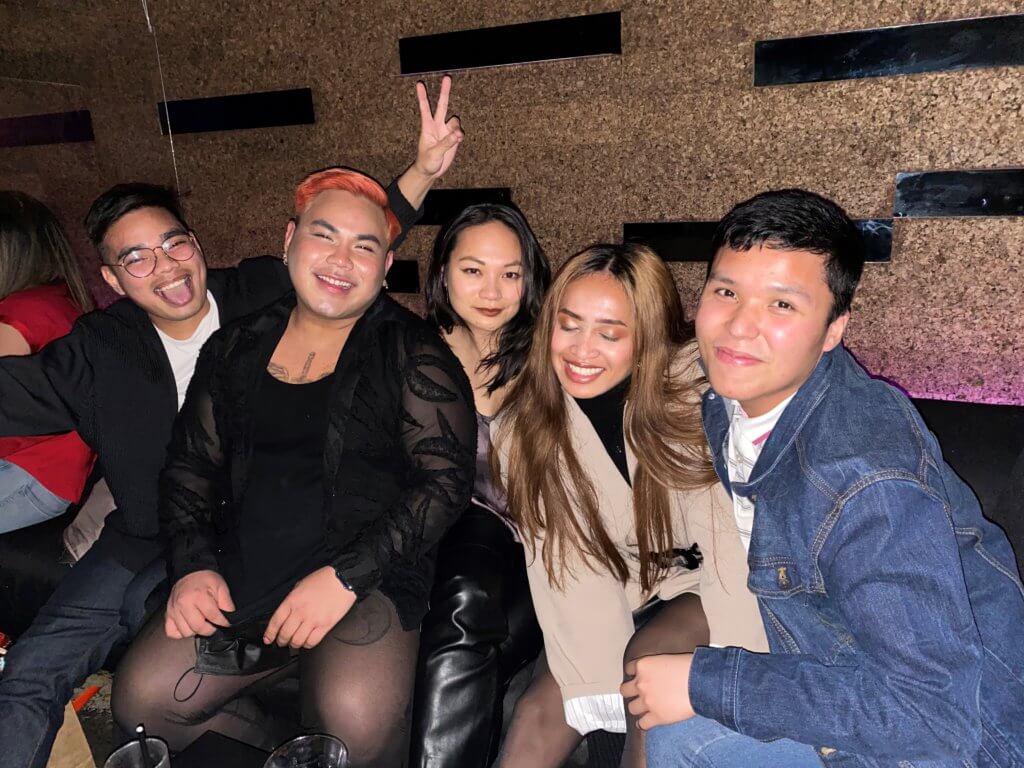
The focus of Nel Jayson Santos’s research is monosexism — negative attitudes towards bisexual people — in the LGBTQ2S+ community. Source: Nel Jayson Santos
Consider it the best revenge against his childhood bullies. Growing up in a highly religious part of the Philippines, Santos faced many challenges and adversities. In high school, bullies picked on him for being different.
We caught up with him to learn more about his life story, his LGBT Scholarship and how he found love in Canada:
What made you choose to study sociology?
My undergraduate degree is in psychology (even though I took some sociology courses). Since I was interested in the structures, development, and functionalities of human society, I was fortunate enough to get some advice from my college professors.
This came when I started submitting my graduate school application. The professors told me my research interests in the LGBTQ+ discrimination would better fit a graduate degree in sociology.
So, here I am now finishing my MA in Sociology and enjoying all the discussions that we’ve been having not just on LGBTQ+ issues but also among other sociological theories. All of this explains the current uprisings and social movements in the 21st century.
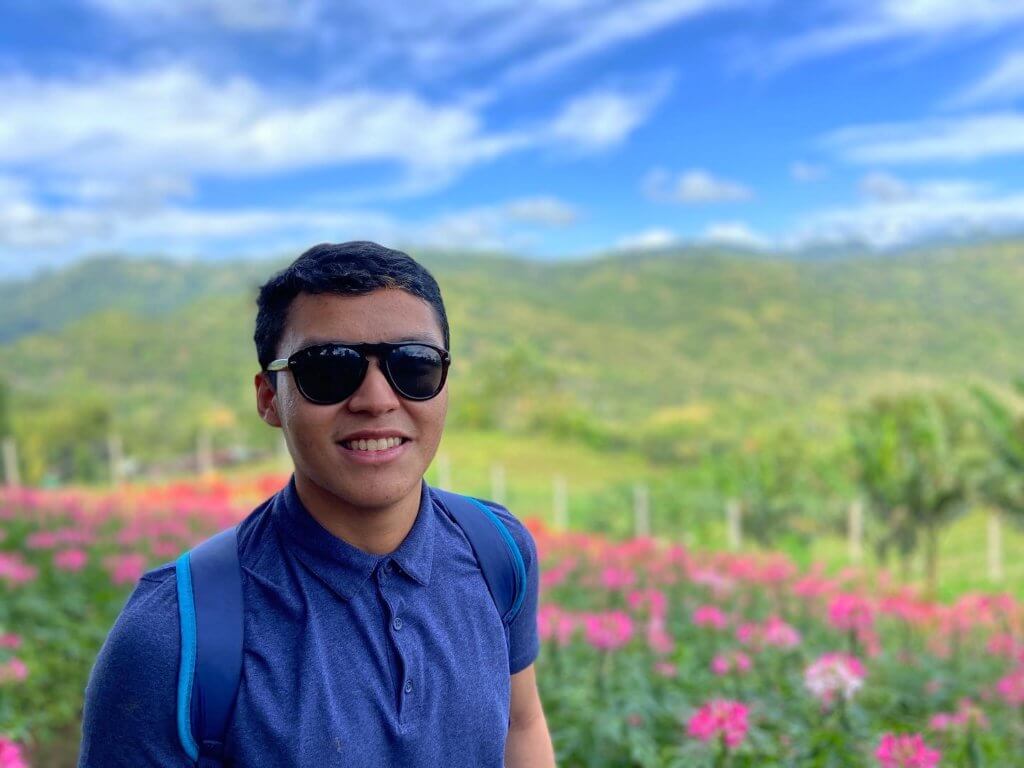
The LGBT scholarship will go towards covering his expenses, his volunteer work and helping him erase the stigma against gays and transgenders. Source: Nel Jayson Santos
What made you choose to study in Canada?
Before I moved to study in Canada, I’d been there for vacation and a research conference trip in Montreal. I was amazed at how culturally diverse and environmentally rich the country is.
It’s home to a lot of people coming from all around the globe making Canada a cultural mosaic where everyone has a right to celebrate their unique identities whatever it may be. Not to mention the breathtaking landscapes and countless glorious natural parks.
Walk us through winning your LGBT scholarship. What was the application process like?
To begin with, I was fortunate enough to get full financial support from Memorial University of Newfoundland for the duration of my MA programme. The Karl M. Wells Scholarship in the LGBTQ+ studies is a recent addition to the financial aid offered here.
I applied for this LGBT scholarship because a cohort of mine sent me the information. Since it correlated to my research on discrimination among non-monosexual LGBTQ+ members, I was eligible.
Around two months later, the results were in and I was blessed to be the first recipient by the generous and legendary Canadian journalist and uni alumnus, Sir Karl M. Wells. I plan to use the prize money in my research work as well as some of my commitment work with a few non-profit organisations in the community.
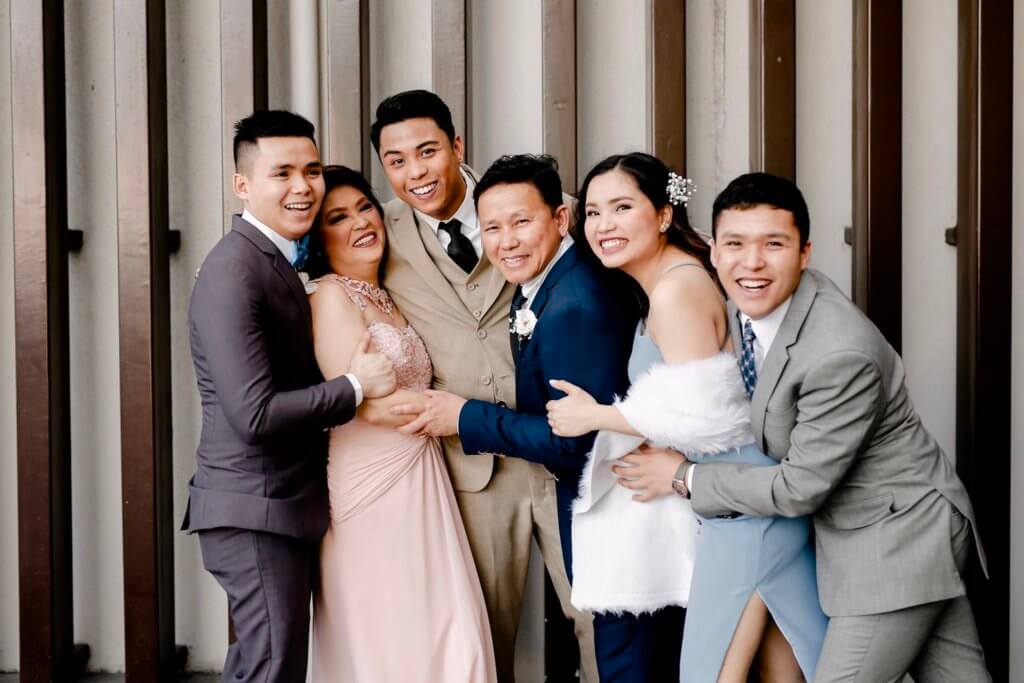
Growing up in a highly religious part of the Philippines, Santos faced many challenges and adversities. Source: Nel Jayson Santos
Walk us through some of the challenges you face being part of the LGBTQ community.
Growing up in a conservative and highly religious part of the Philippines, I’ve faced many challenges and adversities that have made a great impact on my life. When I was in high school, I was bullied and experiences discrimination for being different.
My classmates often called me “Bakla” (Filipino term for gay) that’s usually denoted as a sign of weakness. I also hid my queer mannerisms because I was afraid of my bullies and many people didn’t accept it in my social circle.
I found a safe place when I started college at De La Salle University as a psychology student. Fortunately, in my undergraduate studies, I was able to find friends and peer groups who accepted me as I was.
As a result, I became more comfortable with my gender identity, acquired immense self-confidence, and (most importantly) was able to express my genuine self. However, this is not the case for most people in the LGBTQ+ community.
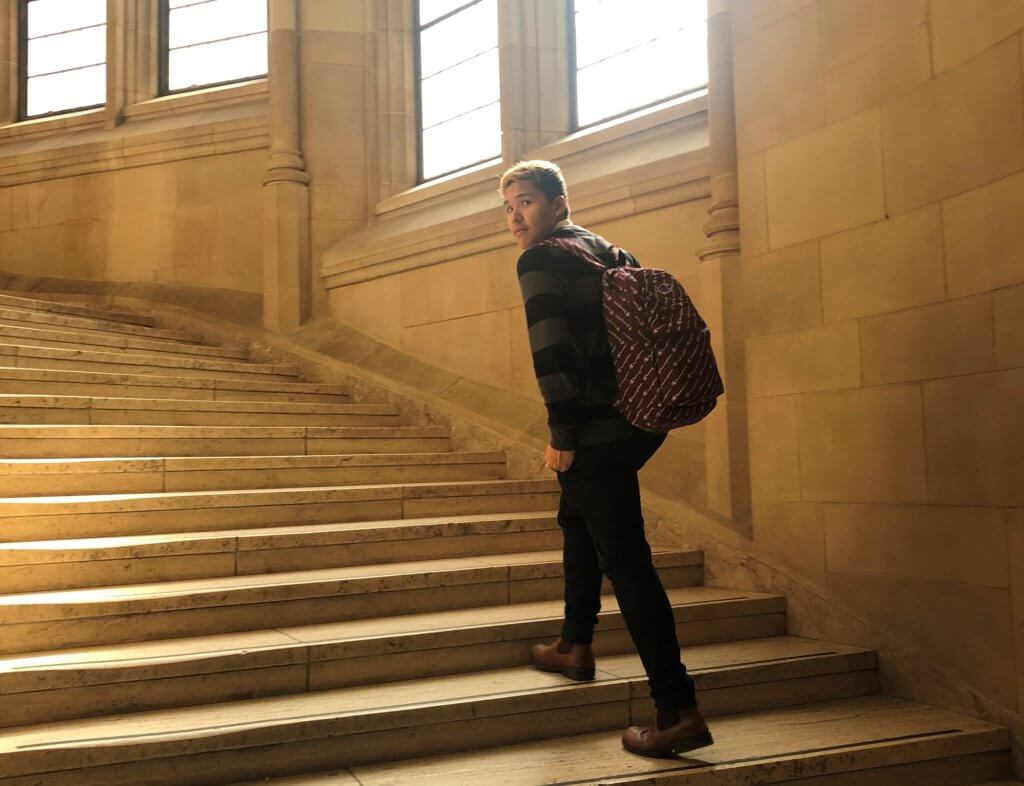
In high school, bullies picked on him for being different, calling him “Bakla,” a derogatory local term that denotes gays as weak. Source: Nel Jayson Santos
Some still experience discrimination and are hiding in the closet. This is what made me passionate about working towards relevant research that dismantles prejudices against such a community. I hope, someday, everyone is free to be themselves.
Besides academia, what has been your most memorable experience in Canada thus far?
There are a lot. I would say staying at the English Bay beach with friends after a night out just talking about life while staring at the skyline and stars.
Tell us about your hometown. Where would you take and show us?
I grew up in Metro Manila, a densely populated city in the Philippines. If you were to visit, I’d take you to Intramuros, a walled place in Manila that resembles a Spanish town. Because the country used to be a colony of Spain for more than three centuries, the cultural influence of the Spaniards is still seen today.
Aside from the authentic Filipino restaurants around the area, we could also take a ride on a Kalesa. This is a horse-drawn carriage, like what you see in New York but with a Filipino twist.

“I also hid my queer mannerisms because I was afraid of my bullies and many people didn’t accept it in my social circle,” Santos shares. Source: Nel Jayson Santos
Have you explored the region in Canada?
I’ve been to a couple of cities in Canada: Vancouver, Calgary, Toronto and Montreal. Though I would say that I need to explore the entire country first before identifying the location that would really stand out to me.
So far, my heart is all for Vancouver. It’s very close to nature with lots of parks and hiking trails in the nearby mountains. Although it is a big metropolitan city, you’ll be surprised that Vancouver is a really small town.
What’s the local food compared to home like? Tell us your most and least favourite.
In the Philippines, we usually eat different succulent and saucy dishes accompanied with rice. Ever since I moved to Canada, however, I’ve been immersed in various types of cuisine: western, oriental, latin, and so forth.
Eating breakfast foods for dinner, swapping rice for bread, trying vegetarian meat patties and much more. Although local food here in Vancouver is pretty different from home, I’m still certain that it’s all delicious and unique.
I don’t have a least favourite local food (because I love food!) but my favourites in Canada are poutine, ravioli salad and matcha cream puffs among many others.
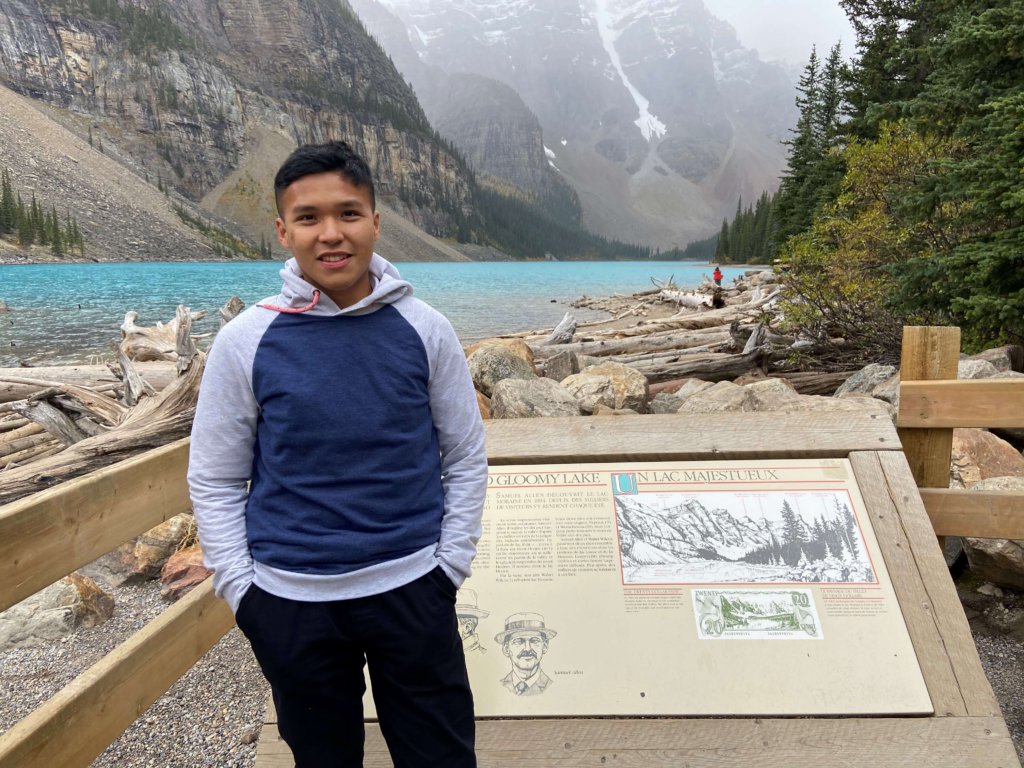
“So far, my heart is all for Vancouver. It’s very close to nature with lots of parks and hiking trails in the nearby mountains,” Santos says. Source: Nel Jayson Santos
Is it hard for a foreigner to order food or strike up a conversation with the locals?
I would say that ordering food is pretty straightforward here. People wouldn’t usually judge your race or language.
In terms of conversation, I would say it’s quite easy as long as you ask nicely. From what I’ve noticed though, conversing with a local depends on the foreigner. Usually foreigners are too shy to begin conversations.
I would suggest showing your true selves and sharing your home culture. These kinds of topics would interest a local.
What do you miss from home and how do you replace it?
I miss my family because they’re all in the Philippines. Although they are 7,000 miles behind, they always have a space in my heart.
In the meantime, my best friends and local social groups really fill this void in my life. I’m happy to find my own social circles here so special shoutout to my sugabarbies family and V.B. Games 2.0 group!
What tips do you have for students to budget abroad?
I’ve always been practical about money, something my mum has taught me to do. As a student, it’s important to know your priorities.
If you’re on a tight budget, focus on the main things like your bills (rent, food, transport, etc) instead of leisure and material goods. If you need clothes, I would recommend going to discount stores like the Dollar Stores, Walmart and thrift stores.
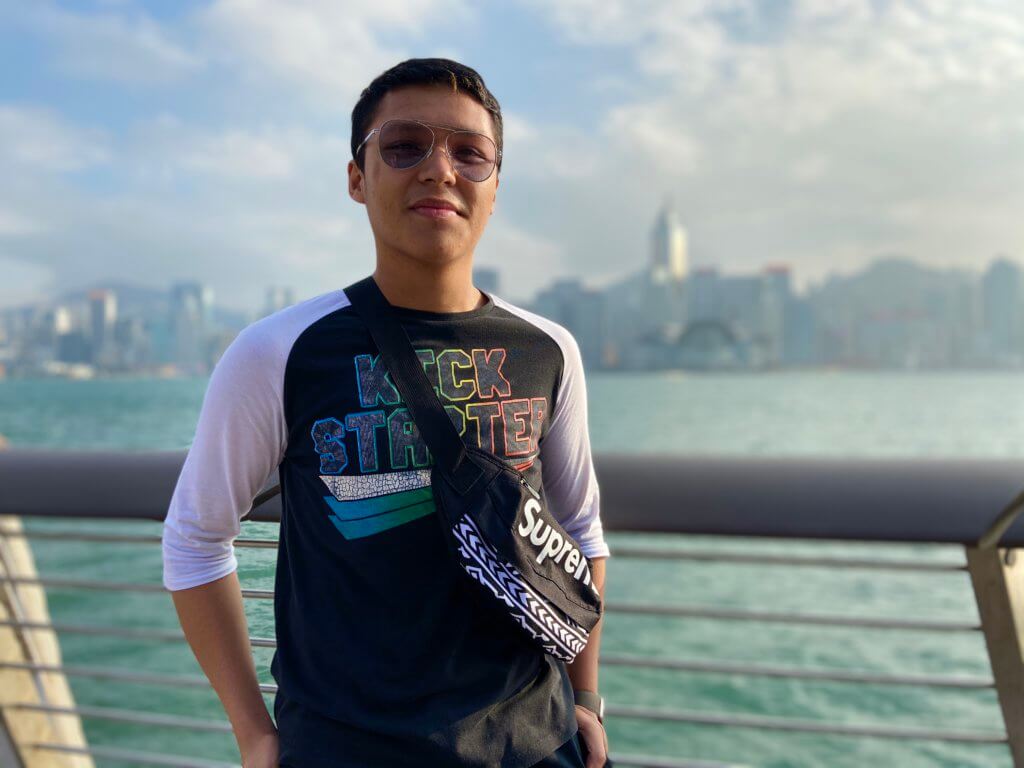
Santos advises international students to “know their priorities” when budgeting. Source: Nel Jayson Santos
What can you get in a month with CA$100?
I’m living in one of the most expensive cities in the world so, to be honest — CA$100 wouldn’t go that far in Vancouver. I would use CA$40 to get a month’s worth of groceries and use the remaining for the Compass Transportation Card to tour all the parks and free museums.
Lastly, what advice do you have for international students looking to go to Canada?
If you have the financial means, as well as the physical and mental aptitude for it, take that leap of faith! It’s certainly a big challenge to start from scratch in a new country but it will really help you get out of your comfort zone. You might not only fall in love with Canada but also find love here.









